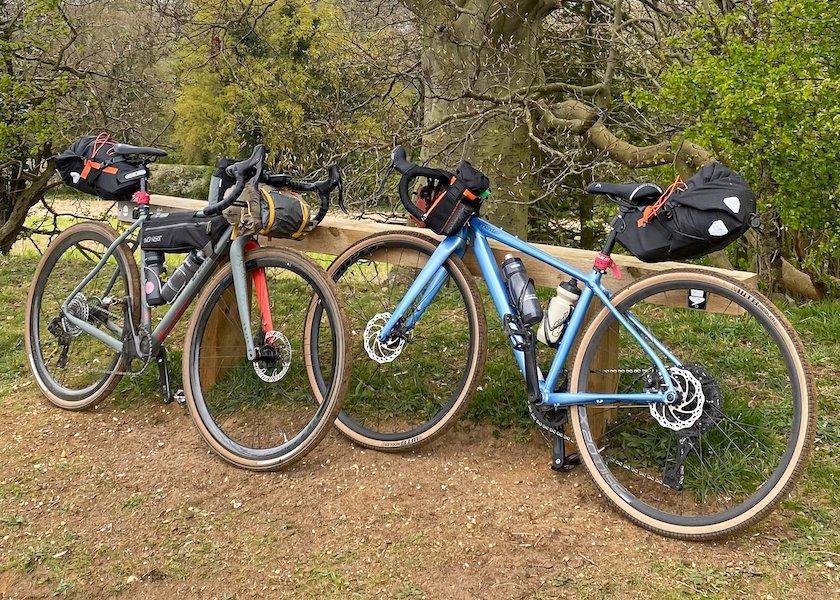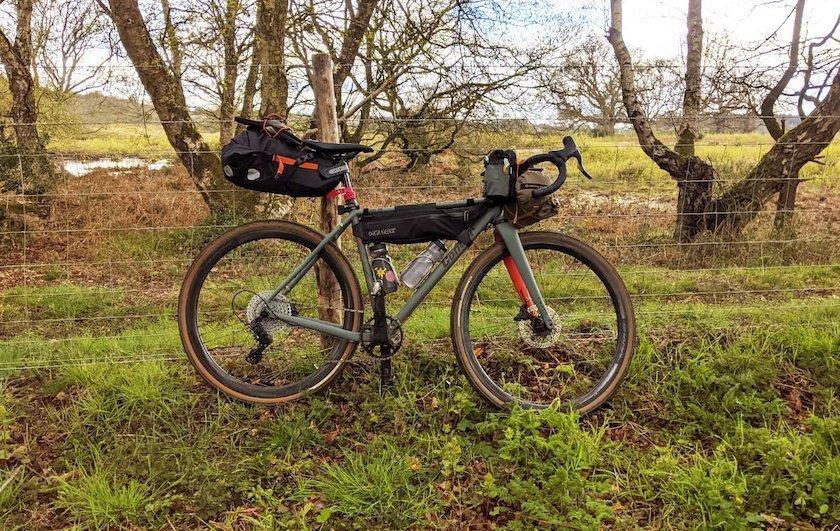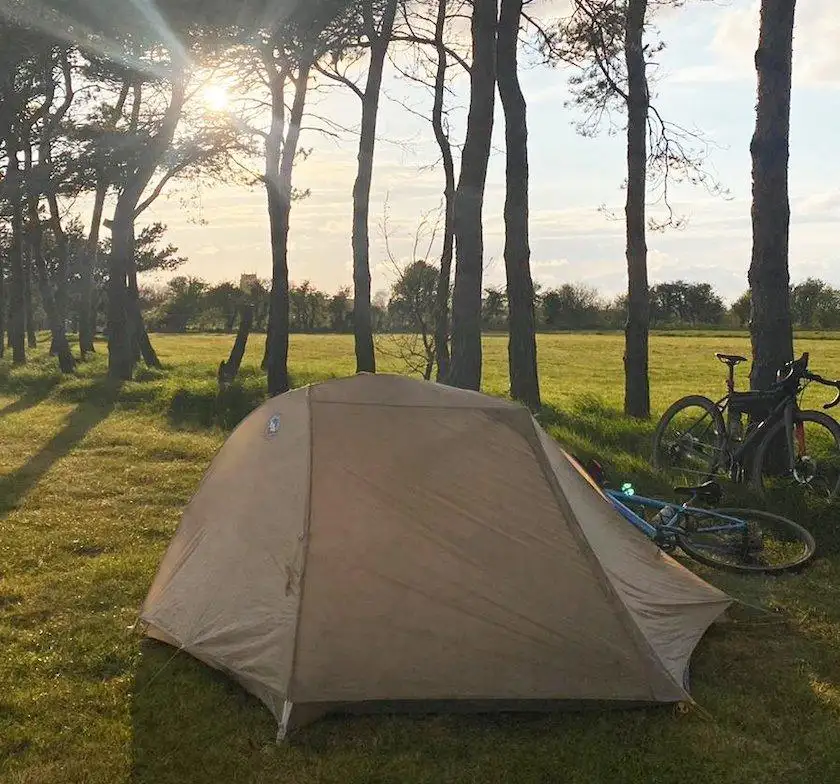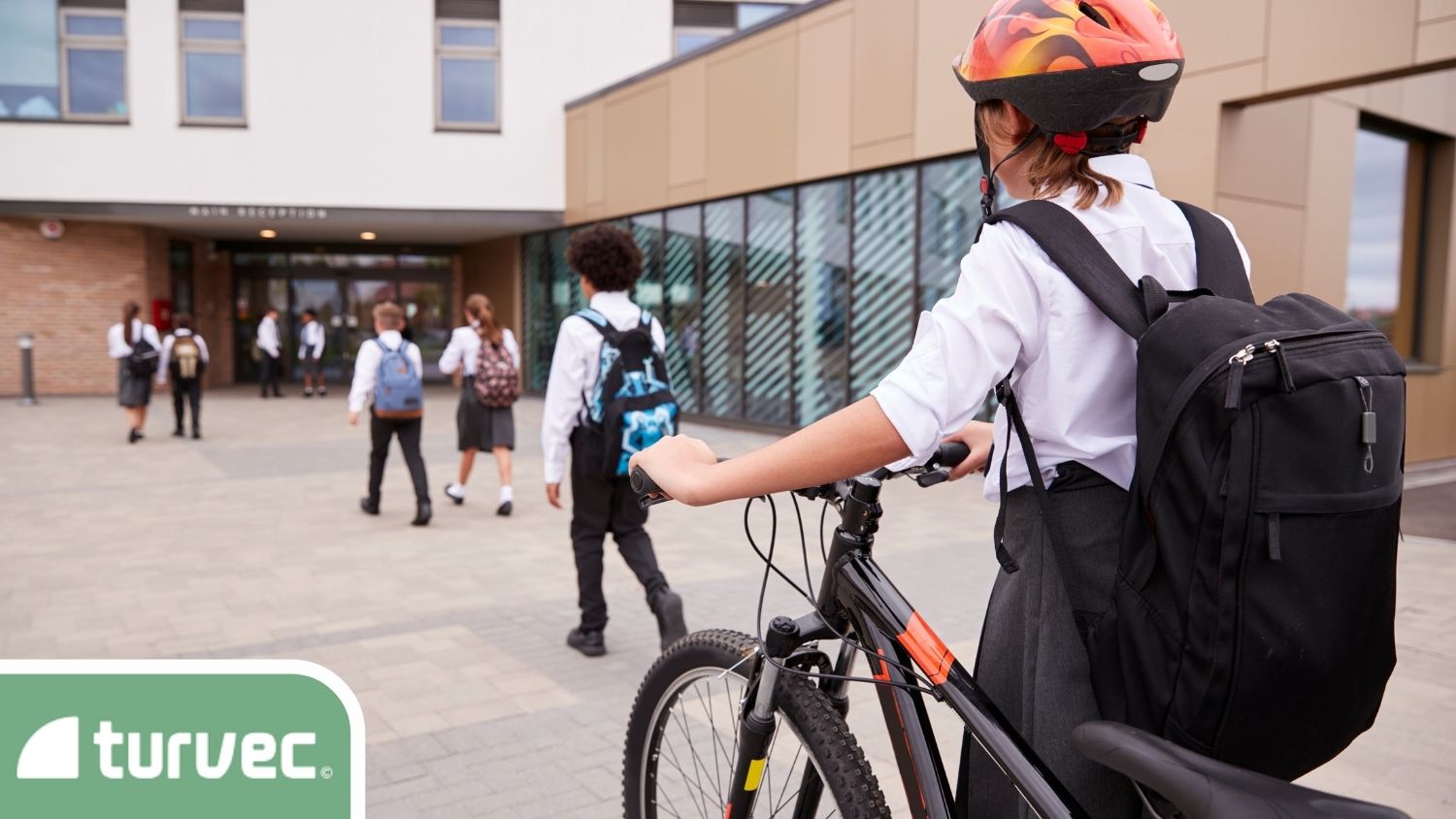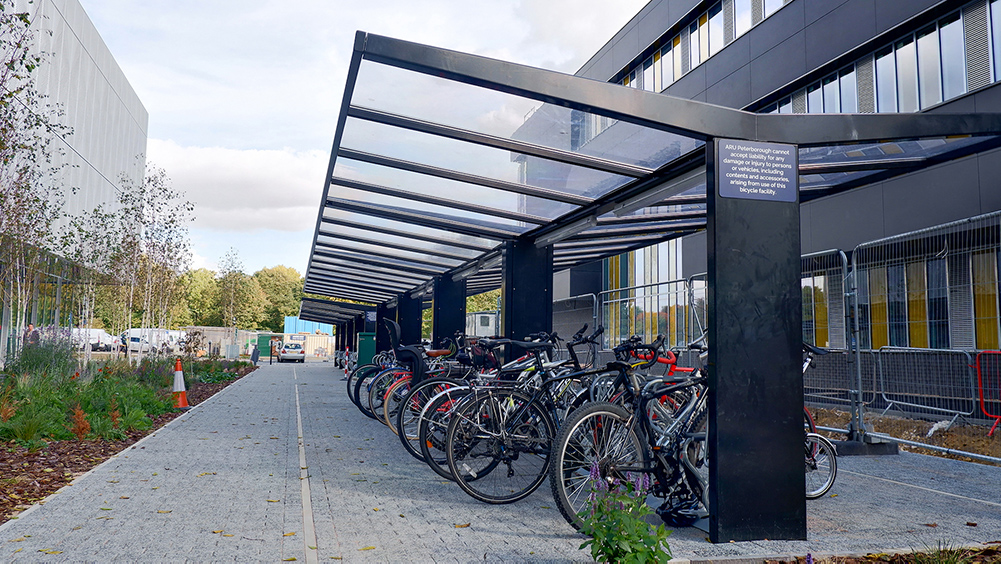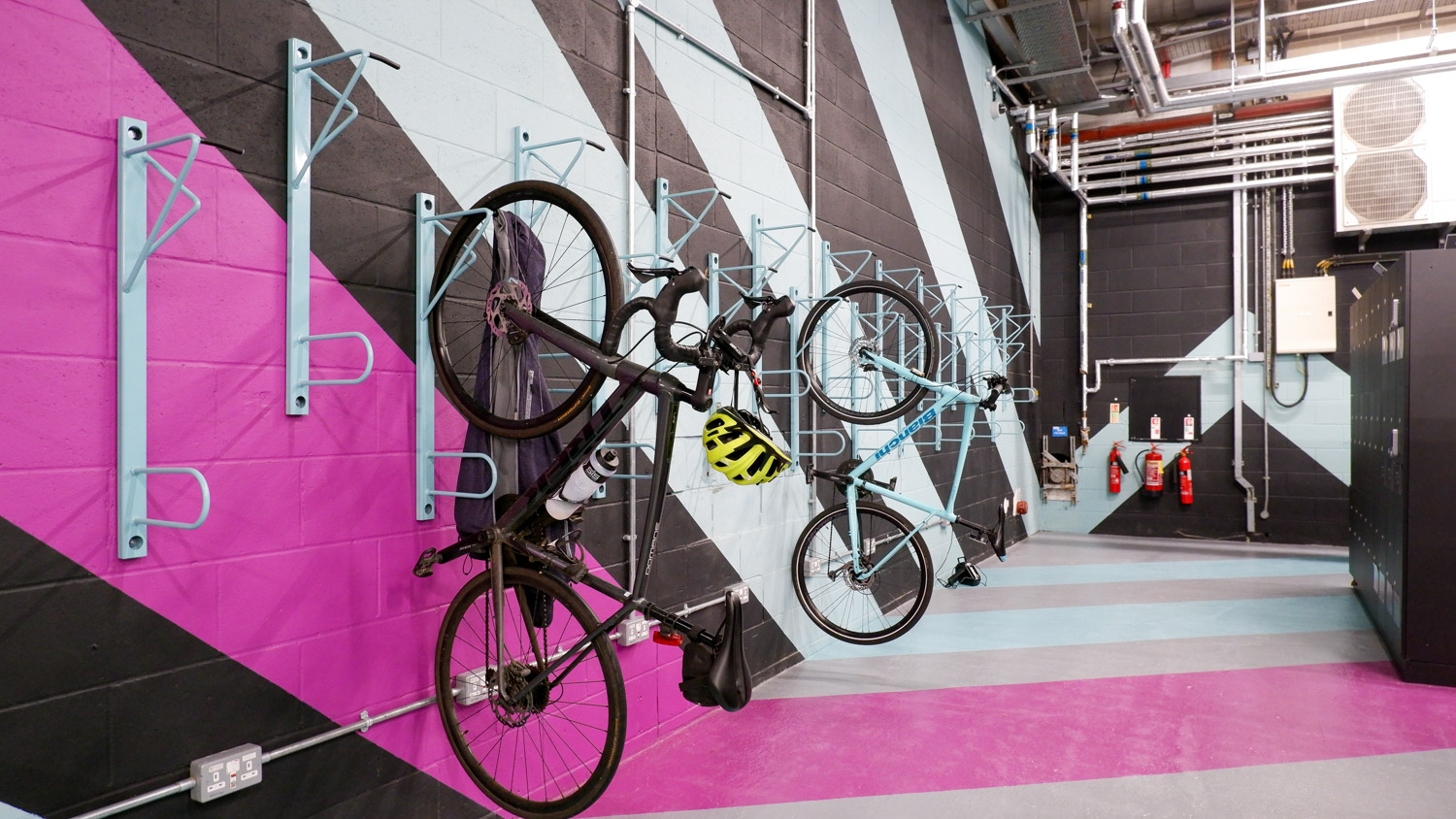Alright, ‘sleep system’ is a pretentious way of putting it, but that’s because there are different methods for camping out overnight. Somehow, ‘sleep system’ works.
Of course, one option is to book hotels or BnBs, in which case you needn’t worry about this section other than bringing something comfy to sleep in.
But to really embrace the outdoors, you probably are thinking about sleeping out. The four main ways of doing it are:
They all have their pros and cons. In general, tents are most popular, but also the heaviest and bulkiest option. Some swear by bivvy bags, with their easy set-up and low weight, but you will sacrifice on comfort.
A simple tarp set-up is a compromise between the two. Improved weather protection of a bivvy, but still not the same coverage as a tent. Hammocks are another lightweight option, but will require trees or somewhere to hang from.
You might already have a favoured sleep system, but whichever you use having a good quality sleeping bag is essential. Be realistic with temperature comfort limits and don’t risk using a lighter summer bag out of the warmer months.
Unless you’re in a hammock, having a good quality sleeping mat is as important as the bag. Look out for a good R rating that will give you year-round comfort.
2. Tools, Electronics & First Aid
These crucial items usually add up to a relatively small, but heavy package. It’s common to keep them in your frame bag, where centering the weight on your bike will improve handling.
It also makes them easy to access, which is essential as when you need to use first aid or inner tubes, you need them quickly.
Make sure the multi-tool you bring has everything you need for your bike. Some include a chain tool, but if yours doesn’t you can carry one separately. Be aware that you’ll need a space master link to make those repairs.
If you’re running a tubeless setup, taking tyre plugs and extra sealant is essential for longer trips, and you’ll want a back up tube just in case. Bringing some patches and a tyre boot won’t take up much space, and gives you extra protection should you get really unlucky.
Depending on how far you’re going, it’s worth taking spare cleats, spokes, and a rear mech hanger if you’re going off road. They’re all easily bent on rough terrain and provided you know how to fix, can keep you going in a pinch.
Always take lights, even if you don’t plan on travelling at night. Things don’t always go to plan and you may need to keep going through the evening to get to your destination.
Zip ties and gaffa tape are perfect for all manner of bodges. You can wrap tape around your mini-pump to save space, and always take more zip-ties than you think you’ll need…
- Multi-tool
- Mini-pump
- Spare chain links
- Spare cleats
- Puncture repair and tubes
- Charging cables
- Power bank
- Lights
- First aid kit
- Zip ties
- Tape
3. Kit & Clothing
Clothing is a hard one to get right, but we’d recommend taking just a few items that do their job right.
That means a fully waterproof, but packable, jacket. Gore-tex is expensive but will keep you sweat free and dry at all times.
A lightweight down, or synthetic down jacket, will give you a good layer for cool mornings, and also works for cold nights in your sleeping bag.
Comfortable bib shorts or shorts are absolutely essential, and if you’re going for more than a couple of nights, bring a spare pair.
Taking a merino base layer will keep you warm in the colder months, and cool in the warmer months. Plus, it tends not to smell.
Be sensible with off-the-bike clothes, and try to plan exactly how often you’ll be wearing them.
Toiletries wise, a toothbrush is the main essential to keep you feeling fresh. It’s true that ultra-distance racers often cut the half of the handle off to keep weight down – we’ll leave that up to you!
- Lightweight down jacket
- Bib shorts
- Merino base layer
- Packable waterproof jacket
- Spare socks
- Toothbrush
- Wet wipes
- Sun cream and lip balm
4. Food & Water
Like a car needs fuel, you’ll need food to keep pedalling for consecutive long days. Bring more snacks than you need, especially if you’re going off grid.
It’s great to be able to cook your own food outside your tent. To do that, you’ll need a lightweight and compact stove. Bring the bare minimum cooking wise as pots can be hard to fit in. Titanium is the expensive option but does cut down on weight and should last a lifetime.
Water is a primary concern and challenge on any trip. Always stock up when going through towns or villages, and look out for taps at churches or community buildings. Taking a quality water filter is a good way to tap into streams and natural water sources, too.
- Compact camping stove
- Spork
- Water filter
- Coffee
